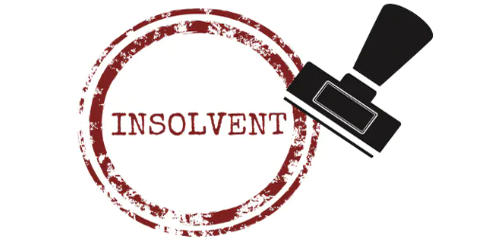Holder in Due Course
The holder is the person who is entitled in his own name to the possession of a negotiable instrument. Holder in due course means a person who must have the possession of the instrument. He is a person who has acquired a negotiable instrument before it is overdue, in good faith without knowledge of any defect of title of the previous holder and for valuable consideration. It is a legal term to describe the person who has received a negotiable instrument in good faith and is unaware of any prior claim, or that there is a defect in the title of the person who negotiated it. In commercial law, he is someone who accepts a negotiable instrument in a value-for-value exchange without reason to doubt its legitimacy. Holder in Due Course called protected holder or bona fide holder for value.
A holder in due course acquires the right to make a claim for the instrument’s value against its originator and intermediate holders. He is a person who has received a negotiable instrument in good faith and without notice that it is overdue, that there is any prior claim, or that there is a defect in the title of the person who negotiated it. For example; a third-party check is a holder in due course. The 3rd party who gets the check is not aware of any prior issues with a check, such as it was overdue, dishonored when presented for payment, had any claims against it. The holder in due course must not have had notice the debt had been dishonored or that there was an “uncured default” with respect to payment. The rules protecting the rights of a holder in due course to collect on debt are very important to facilitating business transactions.
Characteristics:
- Holder in Due course must obtain the instrument in Good Faith.
- If the instrument bears not-negotiable crossing, then the NO person can be a holder in due course.
- If payment is not made on a negotiable instrument when it is due, the holder can use the court system to enforce the instrument.
- If the instrument bears A/C payee crossing and restricted endorsement then NO person can be a holder in due course.
- Various parties, including both signers and non-signers, may be liable for it. Accommodation parties (i.e., guarantors) can also be held liable.
- Forgery/theft/deceit does not convey any title.
















